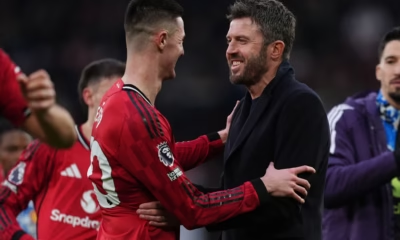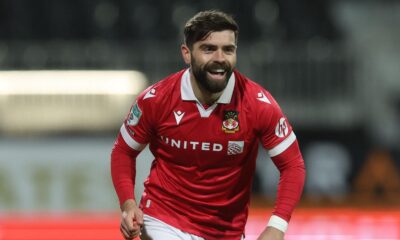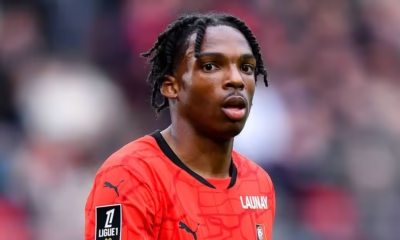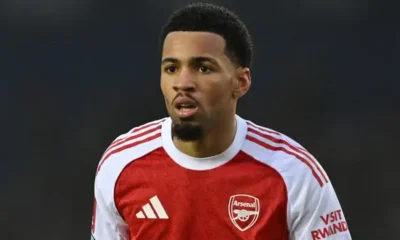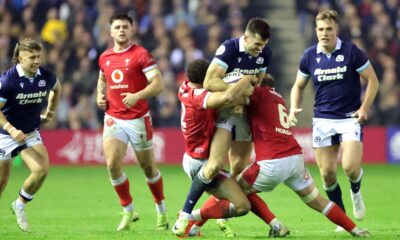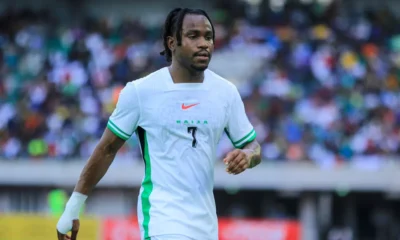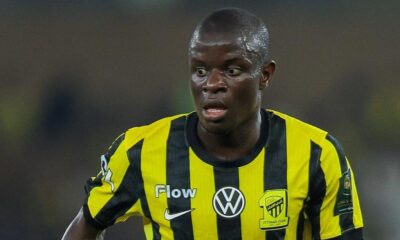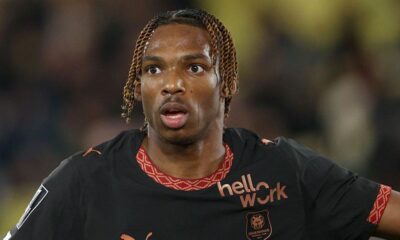News
Spain players end boycott after federation commits to change
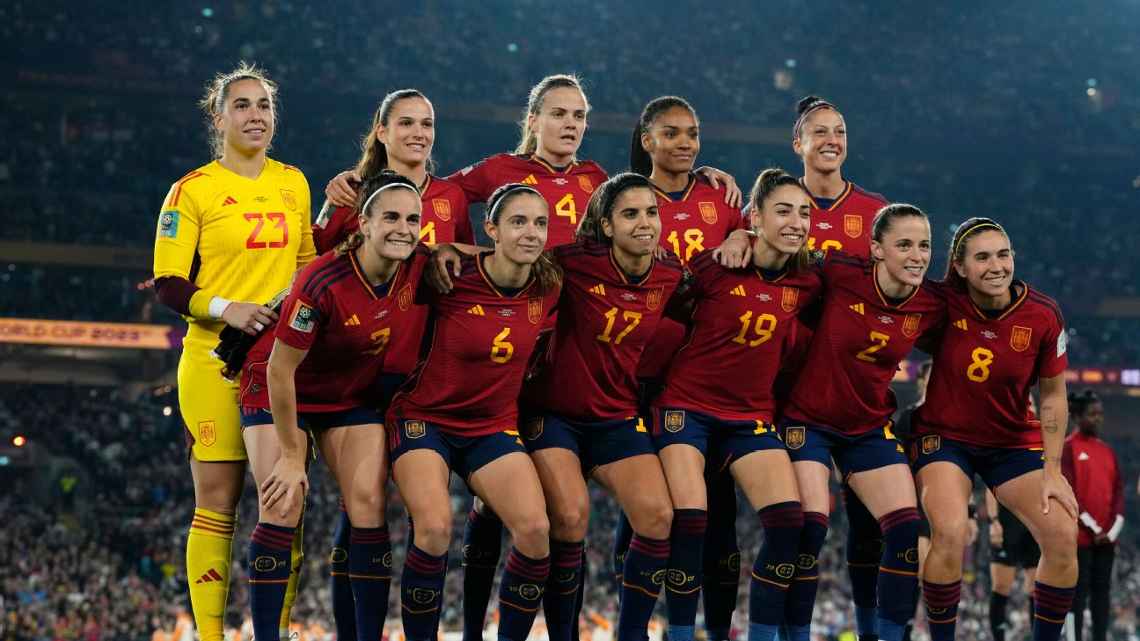
The vast majority of Spain’s women’s squad agreed to end their boycott of the national team early on Wednesday after the country’s football federation (RFEF) said it would make “immediate and profound changes” to its structure.
The decision was reached around 5 a.m. local time (11 p.m. ET) after more than seven hours of meetings at a hotel in Oliva, an hour from Valencia, involving the players, RFEF officials, the National Sports Council (CSD) and the women’s players’ union FUTPRO.
Two players, Mapi León and Patri Guijarro, decided to leave the training camp, saying they are not ready represent Spain at this time, but the other 21 players have stayed and will play in the UEFA Nations League clash against Sweden on Friday.
When asked why she left the camp, Guijarro told reporters: “They are working on changes. It’s a different situation for us. It’s tough, it’s difficult. Being here, after the way everything has happened, mentally we were not ready to stay. That’s the explanation.”
León and Guijarro had boycotted the Women’s World Cup after first refusing to play for the national team in March due to the treatment of players.
Spain’s players, who clinched the country’s first Women’s World Cup title last month, had said they would not play for the national team until there were further changes at the federation, deepening a crisis that started after former RFEF boss Luis Rubiales kissed Jenni Hermoso on the lips during the World Cup presentation ceremony.
The Spain squad for the Sweden match only includes 15 players for the World Cup-winning squad, most notably omitting Hermoso who accused the RFEF of trying to divide and manipulate the players.
“A joint commission will be created between RFEF, CSD and players to follow up on the agreements, which will be signed tomorrow,” CSD President Victor Francos told reporters.
“The players have expressed their concern about the need for profound changes in the RFEF, which has committed to making these changes immediately.”
“The players see it as a rapprochement of positions. It is the beginning of a long road ahead of us,” FUTPRO president Amanda Gutierrez told reporters.
“Once again, they have shown themselves to be coherent and the vast majority have decided to stay for the sake of this agreement.”
Later on Wednesday, the RFEF announced the first measure: To remove the adjective “female” from the women’s national team’s official brand to harmonise it with the men’s squad. From now on, both will be known as “Spanish national football team.”
“Beyond it being a symbolic step, we want it to be a change of concept, and the recognition that football is football, no matter who plays it,” RFEF President Pedro Rocha said, adding this would promote a more egalitarian concept of the sport.
After most of the Women’s World Cup winners were selected for upcoming games, the players said in a joint statement they would take the “best decision” for their future and health after they studied the legal implications of being included in a squad list they had asked to be left out.
They argued the federation cannot require their presence because they alleged the call-up was not issued within FIFA’s parameters in terms of timings and procedure.
The players could have faced sanctions including fines of up €30,000 ($32,000) and the suspension of their federation licence for two to 15 years according to Spain’s Sports Act if they had refused the call-up.
Spain won last month’s Women’s World Cup final against England. Jose Breton/Pics Action/NurPhoto via Getty Images
“The first thing they have been told here has been: whoever is not at ease, does not feel strong enough, should know that neither the federation nor the CSD was going to apply a sanctioning process,” Francos said.
The revolt by the players was triggered after former RFEF chief Rubiales kissed forward Hermoso on the lips following Spain’s World Cup victory.
She disputed his insistence the kiss was consensual, sparking a national debate about macho culture in sport and eventually led to Rubiales’s resignation.
Spain are set to make their debut in the Women’s Nations League against Sweden in Gothenburg on Friday before playing against Switzerland in Cordoba on Sept. 26.
The Nations League will determine which teams from Europe qualify for the 2024 Paris Olympic Games.
The RFEF said the players would have a late breakfast after resting and will hold their first practice on Wednesday afternoon before travelling to Gothenburg on Thursday morning.

-

 News3 days ago
News3 days agoMichael Carrick Explains Mason Mount Absence In Manchester United Win Over Fulham
-

 Uncategorized1 day ago
Uncategorized1 day agoElliot Lee Takes Subtle Swipe At Phil Parkinson After Wrexham Exit
-

 Premier League3 days ago
Premier League3 days agoLiverpool Stun Chelsea With £60m Jeremy Jacquet Transfer Twist
-

 Premier League2 days ago
Premier League2 days agoCan Arsenal Recall Ethan Nwaneri? Why the Gunners Can’t Bring Him Back After Merino Injury
-

 More Sports1 day ago
More Sports1 day agoSix Nations Shake-Up: Why The New Six-Week Format Could Change Everything
-

 Local News3 days ago
Local News3 days ago“Very, Very Happy”: Ademola Lookman Speaks As Atletico Madrid Player
-

 Transfers15 hours ago
Transfers15 hours agoKanté Terminates Al-Ittihad Contract To Seal Fenerbahce Move As Ex-Chelsea Star Returns To Europe
-

 Premier League15 hours ago
Premier League15 hours ago‘Ridiculous!’ – France World Cup Winner Brands Liverpool ‘Suckers’ Over £60m Jeremy Jacquet Deal









